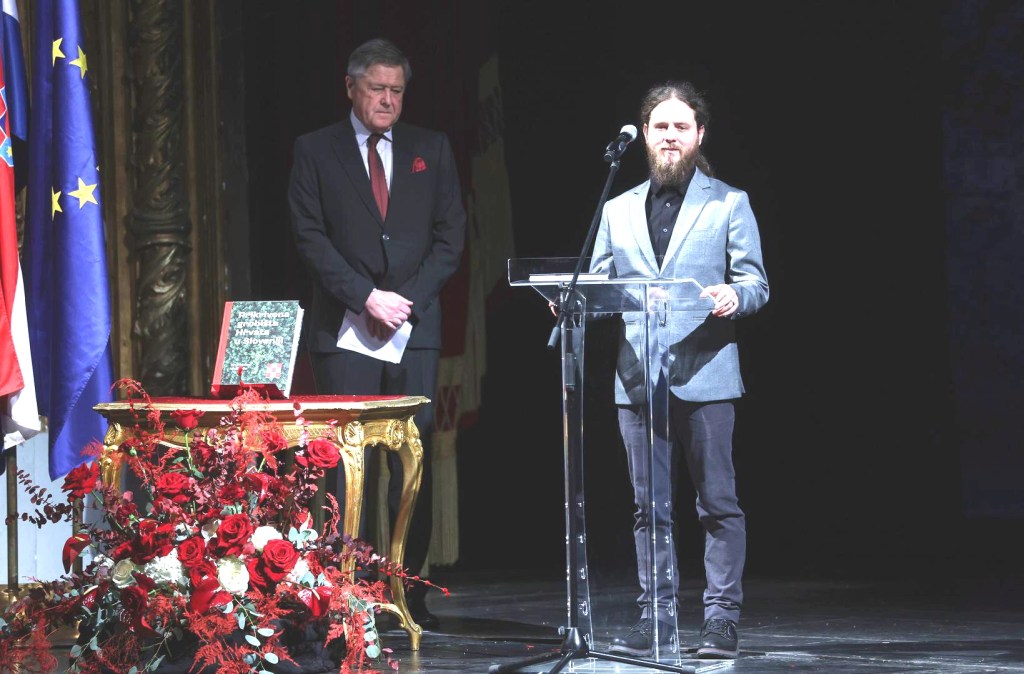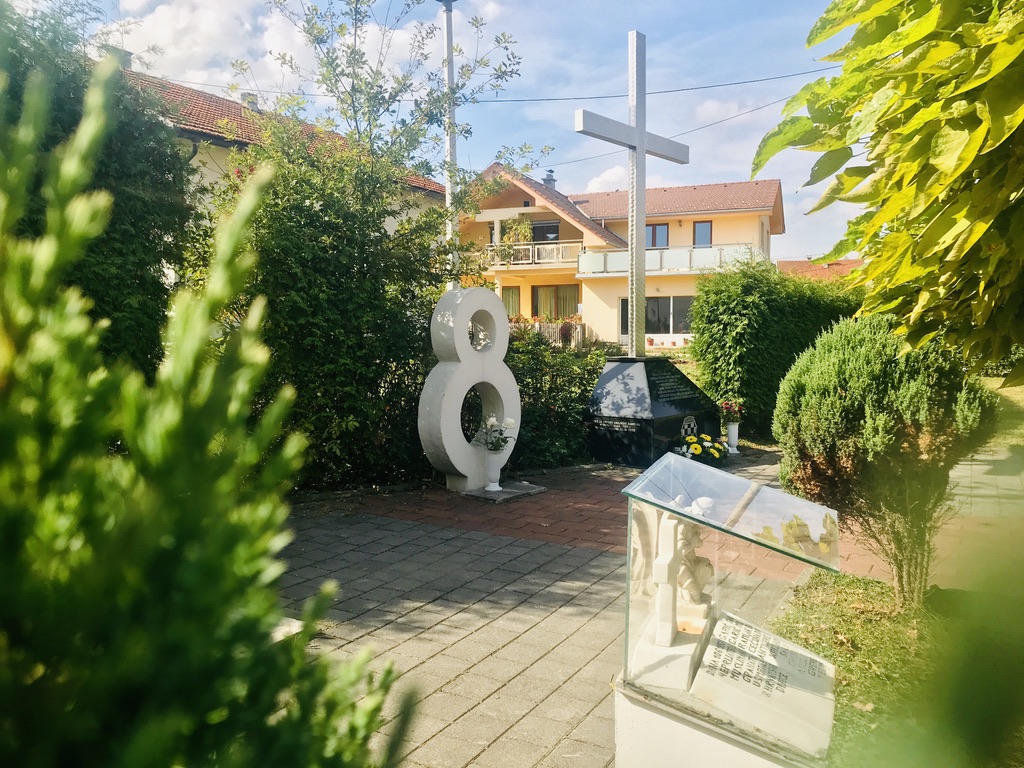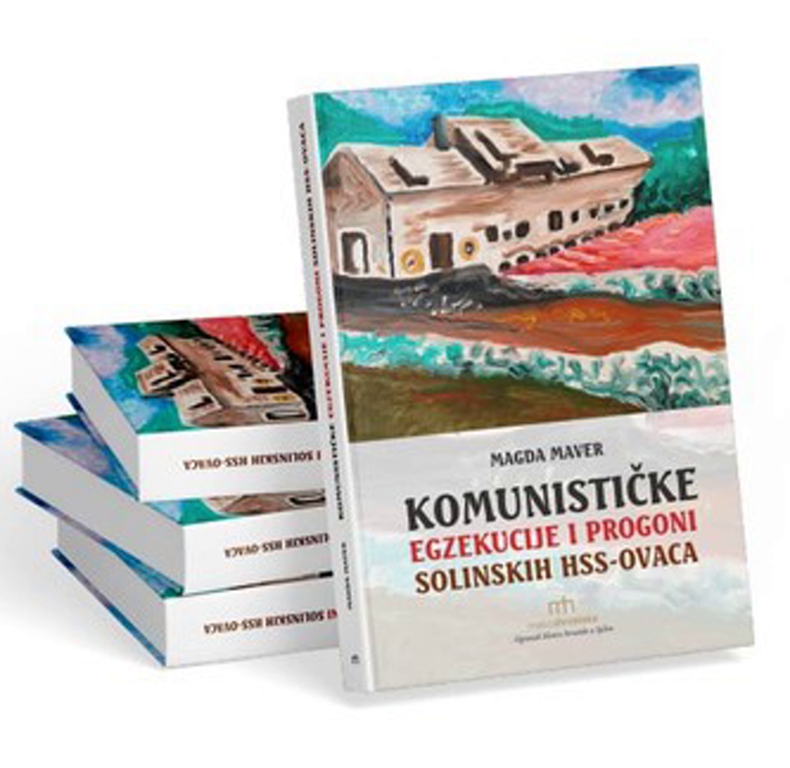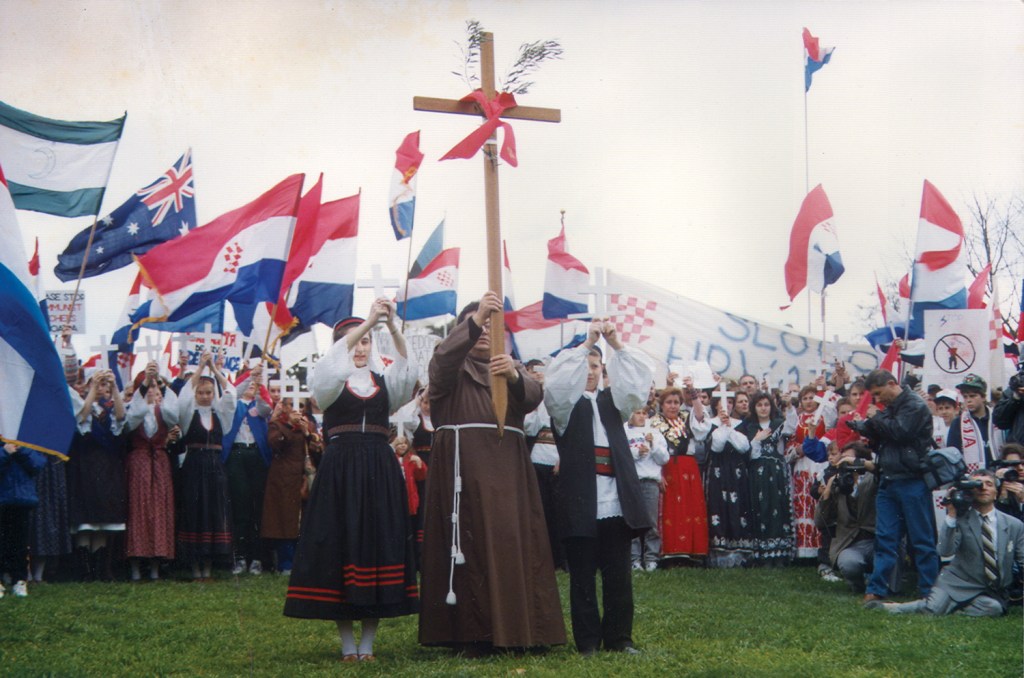Just for the record: complaints, analyses, protests,court cases, write-ups about BBC bias is not a new phenomenon, it’s been going on for years. Indeed if one searches for BBC’s bias on the internet one finds seemingly endless legitimate and justifiable information on this issue. I, myself, have addressed the issue of BBC bias on a couple of occasions in the past few months. One of the latest articles in the media regarding BBC bias was written by Sonia Poulton, Daily Mail, who asks whether the BBC is representing the British nation as it should.

When on Friday 6 April 2012 Sarajevo commemorated the 20th anniversary of its long brutal siege by the Serbian forces the 11,541 empty red chairs symbolising those killed during this siege sent shivers down the world’s spine, once again.
But it seems the BBC was never going to let Sarajevo’s remembrance hold its deserved public attention. BBC made sure that on the day prior to the worldwide televised coverage of Sarajevo’s commemoration and mourning, it served the world an entrée of Serbian suffering during the Bosnian war; planting in public’s minds the thought that Serbs suffered also.
While there is no doubt that there were Serbs who suffered during that war, the move by the BBC to show during the couple of days of Sarajevo siege remembrance that Bosnian Muslims and Bosnian Croats also killed was not done for bad taste (which one can take or leave), but out of pure bias designed to contaminate the dignity of Sarajevo’s mourning.
On Thursday 5 April BBC released a distorted report by Caroline Anning: “Ethnic Divisions Still Strong 20 Years After Bosnian War”.
In this short report Anning commenced with the following sentence: “This village in Bosnia bore witness to one of the worst massacres committed during the three year conflict which began in 1992”.
It is beyond my knowledge as to what criteria Anning used in describing the massacres in her report as “one of the worst”, but it is clear that she used such a description to attract attention; the world hears such a phrase and the phrase becomes etched in the mind. In truth, and not taking away the importance and gravity out of the places Anning reports about, there were many other massacres in Bosnia, committed by Serbs, that actually fit among the “worst”. So why wouldn’t she point to at least one of those?
Anning’s report tells the public that about 116 residents (Bosniaks/Muslims) in Ahmici were killed by Bosnian Croats, some of them neighbours of the people they killed. “These days the two communities live side by side, but things aren’t the same … a ten minute drive leads to another village where more than 70 Croats were killed in one day in December 1993 by Bosnian (Muslim) troops … how great we all lived together before the war but during the war it was as if we never knew each other … that same year a UN special envoy reported that 400-600 Serbs were being held and abused in a prison camp by the Bosnian army … both men claim they were arrested by their Bosnian neighbours…”, a Lazar Kostic (Serb) says “I never thought that my own neighbours could come to my house and take me away, rob me, and provoke me … today, nearly 20 years after the war many Serbs have yet to return to their villages”
There was no mention in Anning’s report of killings committed by Serbs in Bosnia.
Anning should know well that neighbour-against-neighbour terror tactics started in 1991 when, on a wide-scale, Serbs began employing them from 1991 in Croatia and continued to do the same from 1992 in Bosnia.
The limit of terror a person can tolerate before he himself turns to committing terror in self-defence is an individual characteristic. The civilised world authorities had long ago condemned the “Eye for an Eye” approach to self-defence or justice, but the peoples’ jury is still out on that one. In the terror campaign Serbs employed in the so-called Balkan war it was only a matter of time when blood of the victims of the Serb terror campaign was going to boil. Anning conveniently omitted such truth from her report, out of BBC bias, surely.
In a demonstration of circumstances that can cause the blood to boil one can refer to Daniel Toljaga’s article: “Prelude to the Srebrenica Genocide: Mass murder and ethnic cleansing of Bosniaks in the Srebrenica region during the first three months of the Bosnian War (April-June 1992)”
“More than three years before the 1995 Srebrenica genocide, Bosnian Serb nationalists – with the logistical, moral and financial support of Serbia and the Yugoslav People’s Army (JNA) – destroyed 296 predominantly Bosniak (Bosnian Muslim) villages in the region around Srebrenica, forcibly uprooting some 70,000 Bosniaks from their homes and systematically massacring at least 3,166 Bosniaks (documented deaths) including many women, children and the elderly.
It was these massacres that should have alerted the international community to the prospect of genocide when the United Nations-protected enclave eventually fell to Bosnian Serb forces commanded by General Ratko Mladić three years later, in July 1995…”
And, this only covers the Bosnian Muslim victims. Bosnian Croatian victims are another story, of equally terrifying weight.
Caroline Anning’s BBC report would want the world to think that the ethnic divisions still existing in Bosnia are somehow the fault of Bosnian Muslims and Croats. To this end perhaps there are those who think that Bosnian Muslims and Croats should have just crouched frozen and waited to be completely obliterated from the face of earth by the Serb onslaught.
Traces of the terrible war are still deeply embedded in the relations between the three communities (Muslim, Croat and Serb) in Bosnia and Herzegovina. Twenty years on, these still exist, fired no doubt by the 1995 Dayton Agreement that laid down unnatural rules to co-habitation within geographic boundaries of the former state of former Yugoslavia. No wonder ethnic divisions still exist.
The 1995 Dayton Peace Agreement had created a political enclave (more like a prison) where not all of the three groups of ethnically diverse inhabitants have the same rights or representation on important matters. The Croatian ones are feeling most threatened and unfairly treated by this arrangement.
Another reminder: Bosnia’s Muslims and Croats voted to break free from the former federation in a referendum, which was boycotted by the Serbs who wanted to remain in Belgrade-dominated rump Yugoslavia. After weeks of rising ethnic tensions and incidents on April 5 and 6, 1992 more than 50,000 people gathered in front of the country’s parliament to demand peace. Bosnian Serb snipers opened fire on protesters killing two women, the first civilian victims in the Bosnian conflict.
In the following three and a half years the country was torn apart, divided along ethnic lines despite international sanctions imposed on the Bosnian Serbs and neighbouring Serbia which supported them.
Over 100,000 people were killed and half the population of 4.4mn fled their homes.
So, to add balance and truth to BBC’s Caroline Anning report: Not only have many Serbs to yet return to their villages but many more Bosniaks and Croatians have also yet to return to their villages. Ina Vukic, Prof. (Zgb); B.A., M.A.Ps.(Syd)








Leave a reply to Dayton accord | Everythinghome Cancel reply